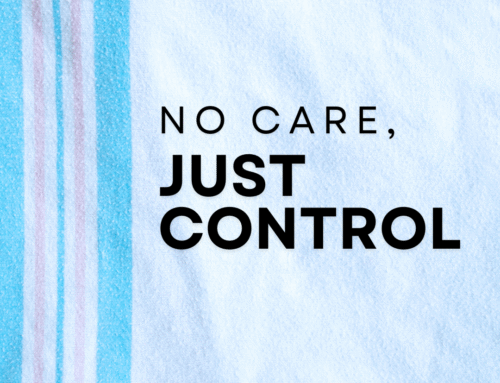
World Athletics’ approach to “sex verification” through compulsory sex testing discriminatorily targets women, violating universal principles of equal access to sport. When women are subjected to invasive genetic testing, they are forced to give up privacy about their personal genetic information while governing bodies dictate if they are “woman enough” to play women’s sports. “Sex verification” is not about fairness but instead attempts to control women’s bodies while imposing limited and unscientific views of who counts as a woman.
These tests invite harassment, questioning, and privacy violations towards all women, especially but not exclusively women who are transgender, gender nonconforming, or intersex. Some women may lose their right to compete altogether due to discriminatory and invasive testing.
Intersex people make up 1.7% of the population. They are born with variations in their traits such as chromosomes, hormones and/or reproductive biology. Doctors and scientists have spoken out over recent years about how biological sex exists on a spectrum. Intersex women with XY chromosomes are specifically targeted by the new policy. Many women with Androgen Insensitivity Syndrome, for example, are assigned female at birth and live their whole lives identifying as a girl/woman while having XY chromosomes. Because of a genetic variation, their bodies do not respond, or respond only partially, to testosterone—typically converting it to estrogen. These women may be denied access to women’s sports based on a genetic test.
Many women do not know they are intersex until they undergo genetic testing. Forced sex testing may subject women to finding out deeply personal medical information in a stigmatizing context and publicly “outing” them.
Throughout the history of sports, many women who are intersex—or suspected to be—have been subjected to invasive “sex testing,” including invasive exams, forced medical interventions, and public humiliation. Women of color and women from the Global South have been disproportionately targeted. Suspicion of a cisgender woman due to her appearance and competence in her sport can result in global harassment, like Imane Khelif experienced during the 2024 summer Olympics. Women in sports with variations in their sex traits have been forced to alter their bodies to be allowed to play, such as Caster Semenya, who publicly “went through hell” as her health declined when she was forced to alter her body’s hormones.
Rather than making women’s sports fairer, these policies drain resources with costly tests that violate privacy and create barriers to participation. World Athletics’ “sex verification” targets intersex and transgender women—and subjects all women to discrimination, harassment, and transgressive privacy violations.






